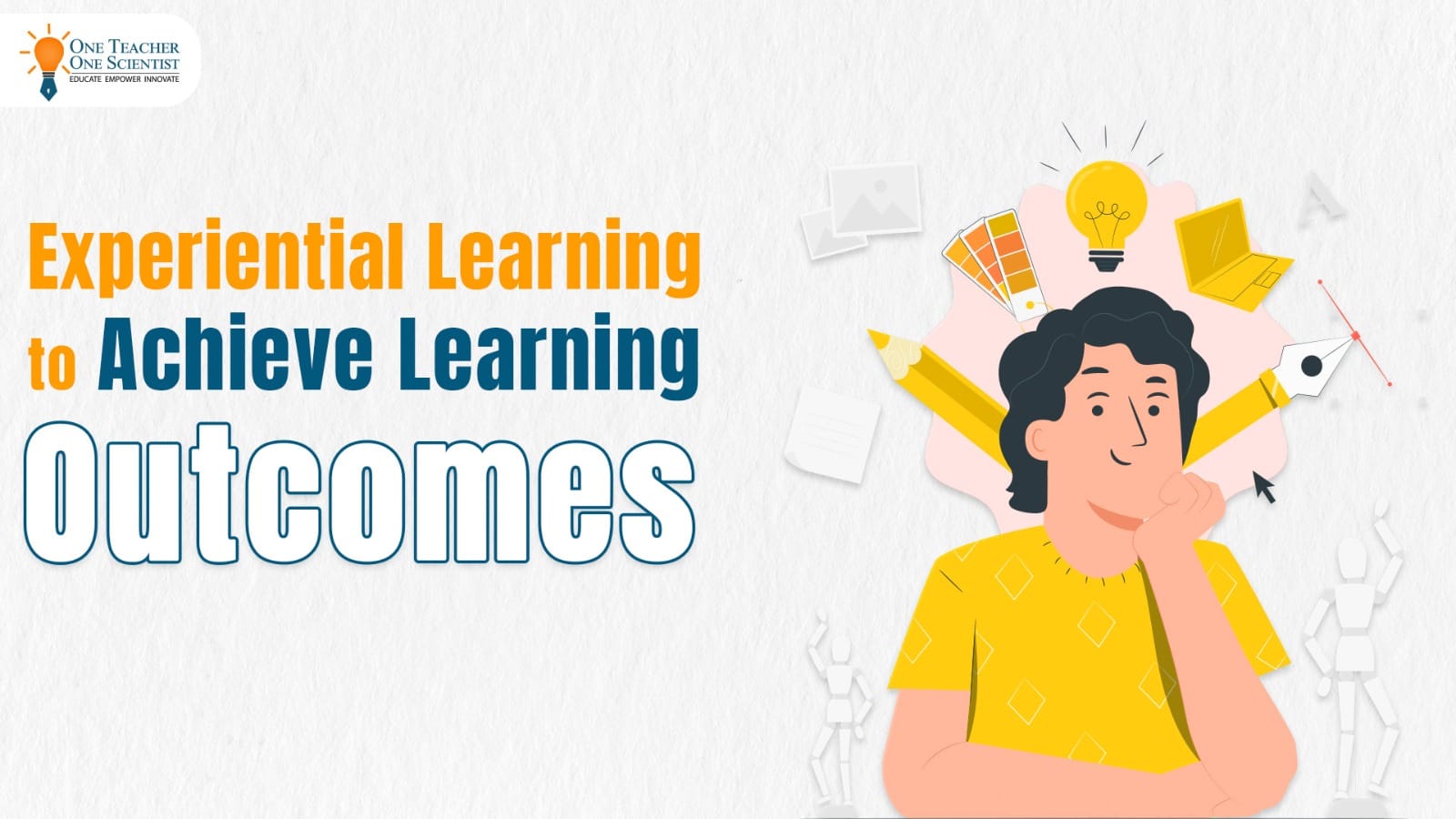From time immemorial, child development theories have laid emphasis on tapping the inner intelligence that a child is born with. The key challenge that remains however is to keep the natural wonder of a child alive and not kill it in the domain of a structured school system. It is well established how a structured and highly monitored curriculum for pedagogical, taught with a chalk and board methodology leads to poor concentration and interest levels in children. Constant erosion of engagement and enthusiasm towards learning leads to low performance and poor attendance in school over the course of time.
Teaching pedagogy that works
Scientists have observed that when a child is unable to establish contextual relevance between the curriculum and the real world, learning outcomes are either low or never achieved. In such a situation, learning gets hugely compromised and restricted, deviating the child from the entire learning process. The impact of the experiential learning education can be used to unleash the learning potential in every child, and enable the learning process to achieve desired outcomes. Traditional teaching learning process on the other hand have proved to be irrelevant from a child’s learning perspective. When we create lesson plans around passive teaching methods, learning is perceived as a mere task that the child has to perform, thereby lowering engagement in the learning process. In such a scenario, schooling is primarily perceived by the child as an essential thread to get into a college or to simply get access to a better livelihood. The child also starts perceiving school as a social context where he ‘has to’ go rather than ‘wants to’. With the result, learning happens at a superficial level and doesn’t get deeply integrated, and gets washed off the volatile memory.
Structured disciplinarian Approaches Today
Perhaps structured disciplinarian approaches were the most appropriate methods of teaching and learning during and post the Industrial Revolution. Up till the 20th century, establishment and documentation of facts and concepts was taking place and evolution was at a different level on the development graph. But in today’s technological world, millennials have all available information at the click of a key. How would memorising facts and figures be even meaningful and relevant to them? Today’s learner therefore needs teaching pedagogy types that help children to be skilled in using information effectively, analyse and evaluate problems and situations to create meaningful solutions. If children are disconnected with the real world in growing up years, they may not be able to look at problems and perceive them with the required empathy to create viable solutions. It is very important for school educators to allow deep experiential learning and give children the freedom to explore their world around from a physical, social, cognitive and emotional perspective. When children explore and construct their own knowledge in an experiential manner, they develop a relationship with the environment and can relate to its interconnectedness. This can prove essential in today’s world, where out of the box thinking is something that children need to nurture right from early childhood.
OTOS: Learning In a Free Environment
Meaningful explorations can take place if we shift student engagement beyond the boundaries of the classroom walls. I have always been a strong advocate of Learning In a Free Environment, and therefore LIFE became an integral part of the One Teacher One Scientist movement.
Knowing that Experiential learning all through childhood will ensure deeper progression in a child’s learning curve, and help students establish a social as well as emotional construct, most offerings at OTOS have experiential learning at the heart. Policy makers today are advocating a paradigm shift in our education system and urging implementation of experiential learning in schools with immediate effect. However, for experiential learning to really find strong grounds in schools, we need to make a systemic change in our education system at various levels. If careers rely on admissions to top universities, who still base their admission decisions on the scores a child obtains in standardised tests, then the continuous focus indirectly remains on acing the tests. This becomes detrimental in establishing experiential learning firmly in schools.
Even though teachers and school policy makers may be convinced about establishing experiential learning in classrooms, a sustained shift will not happen if societal needs continue to rely heavily on standardised testing and their scores. A systemic shift needs to percolate down the pyramid from the university level. A disruption in the process of university selections will pave the way for sustained retention of progressive pedagogical methodologies in schools. Industries have already been ringing alarm bells over lack of skills in the youth, rendering them unemployable. It is for the universities and institutes of higher education to reinvent their systems, so that the process of establishing reforms and revolutionising school education could get facilitated soon.

